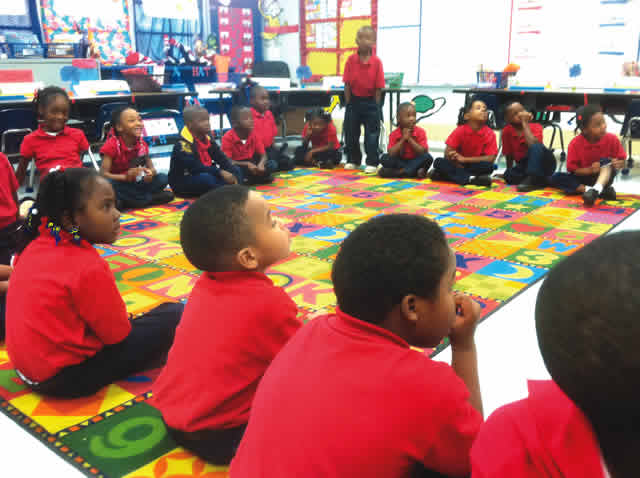
It, thereby, advised parents to take the education of their children more seriously, as a way to actualise their true potential and impact positively on society regardless of their gender.
The team of female lawyers made this call on Tuesday at the inaugural session of the FIDA Lagos 2022 Law Week, held at the Nigerian Institute of International Affairs, with the theme ‘Education As A Catalyst For Boosting The Self-image Of The African Child’.
According to the conveners of the event, Nigeria records the largest figures of out-of-school children, ranking 5th globally with about 10.19 million out-of-school children, amounting to 34 per cent of the total population of children in the country.
The FIDA Regional Vice-President, Joy Ezeigbo, hinged on parental primary responsibilities anchored on the principle of “intentional parenting”, implying that parents should engage the children based on their academic or vocational interests, rather than foisting on them the parents’ choice of career.
‘‘Parents have the primary responsibility in the development and upbringing of their children, but in carrying out that primary responsibility, the best interest of the child should be bored in mind,’’ she said, adding that a situation where children study in a hostile environment would invariably reduce their productivity.
Also speaking, the Director, Institute of Humanities, pan-Atlantic University, Ifeyinwa Awagu, expressed dismay over the poor handling of the curriculum in Nigerian schools and proposed a holistic overhaul of the curriculum and the education system as a whole.
She said, ‘‘The curriculum is not about what is in black and white, but more about what we do with it. True, our curriculum has issues that should be looked into, but, it’s more about how we teach the content than about what the content is.’’
Other speakers insisted that ‘‘education does not have to be formal’’ and enjoined parents to consider non-formal education that could help bring out the best in their children.
The Lagos State Commissioner for Education, Folashade Adefisayo, in her brief remark, noted that the majority of Nigerian students were not being taught what would make them excel beyond the classrooms, and urged the government and stakeholders to ensure children possess vocations that could make them a survivor beyond the walls of learning.














